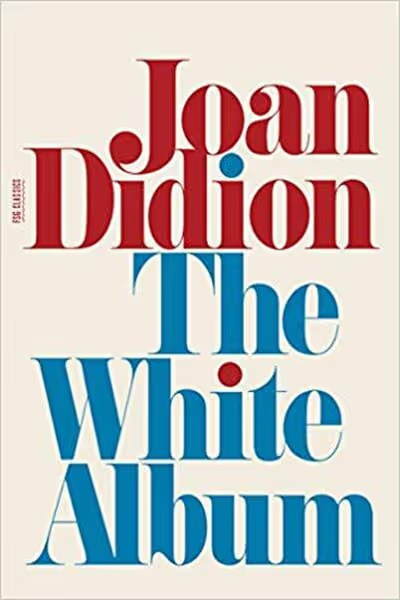Life Isn’t Everything
An intimate portrayal of a great filmmaker, theatre director, and comedian, based on open discussions with some of his closest friends in show business and the arts, including Dustin Hoffman, Meryl Streep, Natalie Portman, and Lorne Michaels.
From The Graduate and Who's Afraid of Virginia Woolf? through Angels in America, The Birdcage, Working Girl, and Primary Colors, not to mention his run of blockbuster plays like Barefoot in the Park and The Odd Couple, Mike Nichols' work penetrates American cultural awareness. Not only that, but he was also a founding member of the first improv ensemble and one half of the legendary comedy team Nichols & May. Mike Nichols permanently revolutionized Hollywood, Broadway, and humor over his half-century career.
The majority of admirers, on the other hand, know virtually little about the person behind it all. They have little sense of his searching intellect or devastating wit because he never wrote his memoirs and rarely appeared on television. They are unaware that Nichols, the great American director, was born Mikail Igor Peschkowsky in Berlin and fled the Nazis by coming to this country without knowing English. They had no idea that Nichols was once a lone psychology student or that a childhood sickness had long-term, life-altering consequences. They have no idea that he went into a deep depression before marrying Diane Sawyer and "finally getting it right," as he put it.
For the first time, Ash Carter and Sam Kashner provide an intimate glimpse behind the scenes of Nichols' life, as revealed by the actors, moguls, writers, producers, comedy, and crewmembers who remained faithful to him for years. Life Isn't Everything is a mosaic picture of a bright and innovative filmmaker noted for his extraordinary charm, humor, vigor, and knack for friendship; it's also a snapshot of what it was like to live, love, and make art in the twentieth century.
RICHARD PLEPLER: At the premiere, Diane came up to me and said, “Thank you for giving my husband ‘more life,’” which, of course, was a reference to one of the key lines in the play. As Kushner explains in the notes to Perestroika, “more life” is Harold Bloom’s translation of the Hebrew word for blessing.






















































